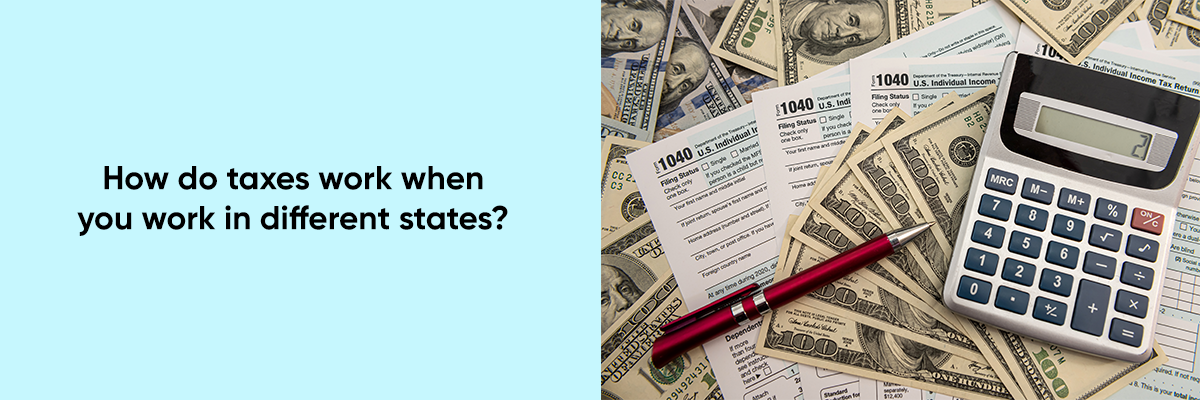In today’s increasingly mobile workforce, many individuals find themselves working in multiple states, either through remote work arrangements or frequent business travel. This can create complexities for employers in managing tax issues for payroll. Understanding how taxes work in these situations is crucial for both employees and employers to ensure compliance and avoid potential penalties.
Here’s a breakdown of key considerations and steps to take when dealing with multi-state taxation.
1. Understanding State Residency
Your state of residency plays a significant role in determining your tax obligations. Typically, your resident state is where you have your permanent home or domicile. Residents are usually taxed on all income, regardless of where it is earned. If you work in a different state, you might also be subject to taxes in the state where you perform the work.
2. Non-Resident and Part-Year Resident Taxes
If you work in a state where you are not a resident, you may need to file a non-resident tax return in that state. Non-resident returns generally tax you only on the income earned within that state. If you move between states during the year, you may need to file part-year resident returns in both your old and new states of residence, reporting the income earned in each.
3. Reciprocal Agreements
Some states have reciprocal agreements to simplify the tax process for individuals who work across state lines. These agreements allow residents of one state to work in another state without having to file a non-resident state tax return. Instead, you only pay taxes in your home state. It’s essential to check if such agreements exist between your state of residence and the state where you work.
4. Withholding Taxes
Employers typically withhold state income taxes based on the location of your work. If you work in multiple states, your employer should withhold taxes for each state where you earn income. You may need to provide your employer with specific forms, such as the appropriate state withholding certificates, to ensure accurate withholding.
5. Double Taxation and Credits
One of the primary concerns for multi-state workers is the potential for double taxation—being taxed on the same income by both your resident state and the state where you worked. To mitigate this, most states offer a tax credit for taxes paid to other states. When filing your resident state return, you can typically claim a credit for the taxes paid to the non-resident state, reducing your overall tax liability.
6. Local Taxes
In addition to state taxes, some cities and counties impose local income taxes. If you work in a city with local taxes but reside in a different locality, you might be subject to both sets of taxes. It’s important to be aware of local tax obligations and include them in your tax planning.
7. Special Circumstances
Certain professions and work arrangements may have unique tax considerations. For example, remote workers who work from home in a different state than their employer’s location, traveling salespeople, and interstate truck drivers may have specific rules governing their tax obligations. Consult a tax professional to understand the nuances of your situation.
Conclusion
Working in multiple states adds complexity to your tax situation, but understanding the basic principles and planning ahead can help you navigate the process. Stay informed about the tax laws in each state where you work, keep meticulous records, and consider seeking professional advice to ensure compliance and minimize your tax burden. By doing so, you can focus more on your career and less on the intricacies of multi-state taxation.


